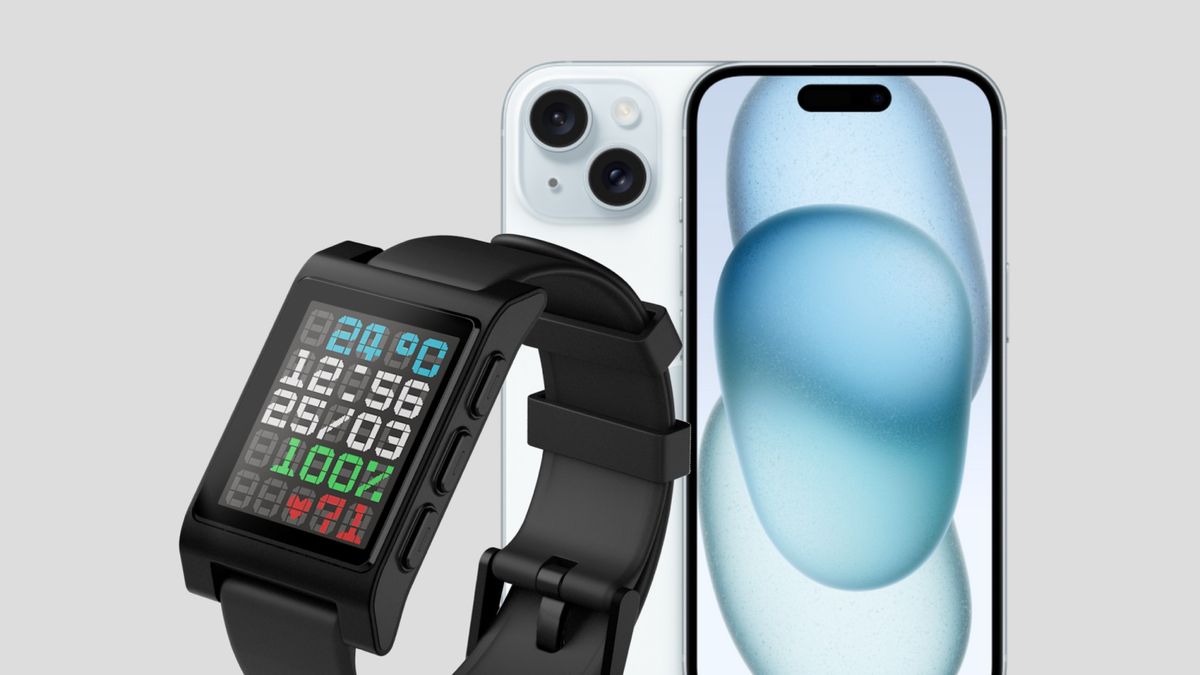
Pebble is taking the fight to the Apple Watch – as its founder calls for action
- 20.03.2025 11:56
- techradar.com
- Keywords: Pebble, Apple Watch
Pebble founder calls out Apple Watch's closed ecosystem, highlighting frustrations with limited functionality on iPhones. He advocates for legislative changes to address these issues.